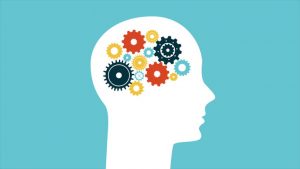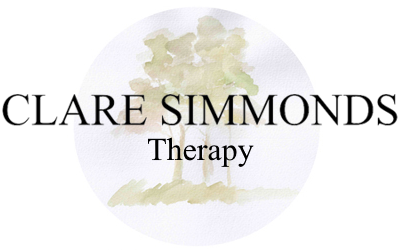 Addiction is a word that causes great fear—to be addicted indicates a compulsive need or drive towards something that promises good feelings but actually, over time as a habitual pattern develops, causes the addicted person great harm. In the past, addiction tended to be viewed as a moral weakness, experienced by some people in society: ‘weak’ addicts were to be pitied (and perhaps privately derided) by ‘strong’ non-addicts.
Addiction is a word that causes great fear—to be addicted indicates a compulsive need or drive towards something that promises good feelings but actually, over time as a habitual pattern develops, causes the addicted person great harm. In the past, addiction tended to be viewed as a moral weakness, experienced by some people in society: ‘weak’ addicts were to be pitied (and perhaps privately derided) by ‘strong’ non-addicts.
These days, however, increased understanding of human development has led to addiction being seen more as a pathological relationship to substances or things—one that serves as a convenient avoidance of relating to other people and ourselves. People, like many other animals, are naturally relationship-seeking creatures. Problems in early relationships (e.g. in childhood), however, can make relating to other people a frightening prospect. So, rather than seeking good feelings from relating to others, some people find themselves seeking highs from substances (e.g. drugs or alcohol) or activities (e.g. eating, watching porn, the playing of online games).
If we encounter problems relating to others because we have been badly let down in the past by important people in our lives, addiction to substances or activities might feel like a relationship—and one that is more reliable than depending on other people, and less painful than delving into our own feelings and desires. However, as Marc Lewis (2018) notes, the notion of addiction being a relationship is an illusion because addiction is always a very one-sided connection.
Unlike when we relate to other people, the substance or activity that we are addicted to does not respond to us, instead we respond to it adaptively. And this process of adaptation creates dreadful physical and psychological side effects: an addiction to an activity or substance is like forming a friendship with someone who initially seems to offer a lot, but in the end only takes from you.
This new understanding of addiction as a struggle to relate helps us to understand that rather than being a problem that is restricted to a few members of society, it is a pattern that most of us struggle with—albeit in varying degrees. The addictions we readily identify as problematic include street drugs, alcohol, porn and gambling. But addiction can be anything in excess; other activities such as compulsive checking of the news on phones, shopping, and bingeing on Netflix can also end up as hard-to-break habits that are life-restricting, cutting us off from others and from our own internal thoughts and feelings.
Therapy can be a helpful way of exploring the underpinning structures of addiction—what kinds of feelings are being sought through the addiction, what is being avoided, and ways of working towards a fuller life through relationship with real people and self.
Useful links
https://www.youtube.com/watch?v=f55QO2isoKM
https://www.youtube.com/watch?v=ao8L-0nSYzg
http://www.memoirsofanaddictedbrain.com/connect/then-what-is-addiction/
